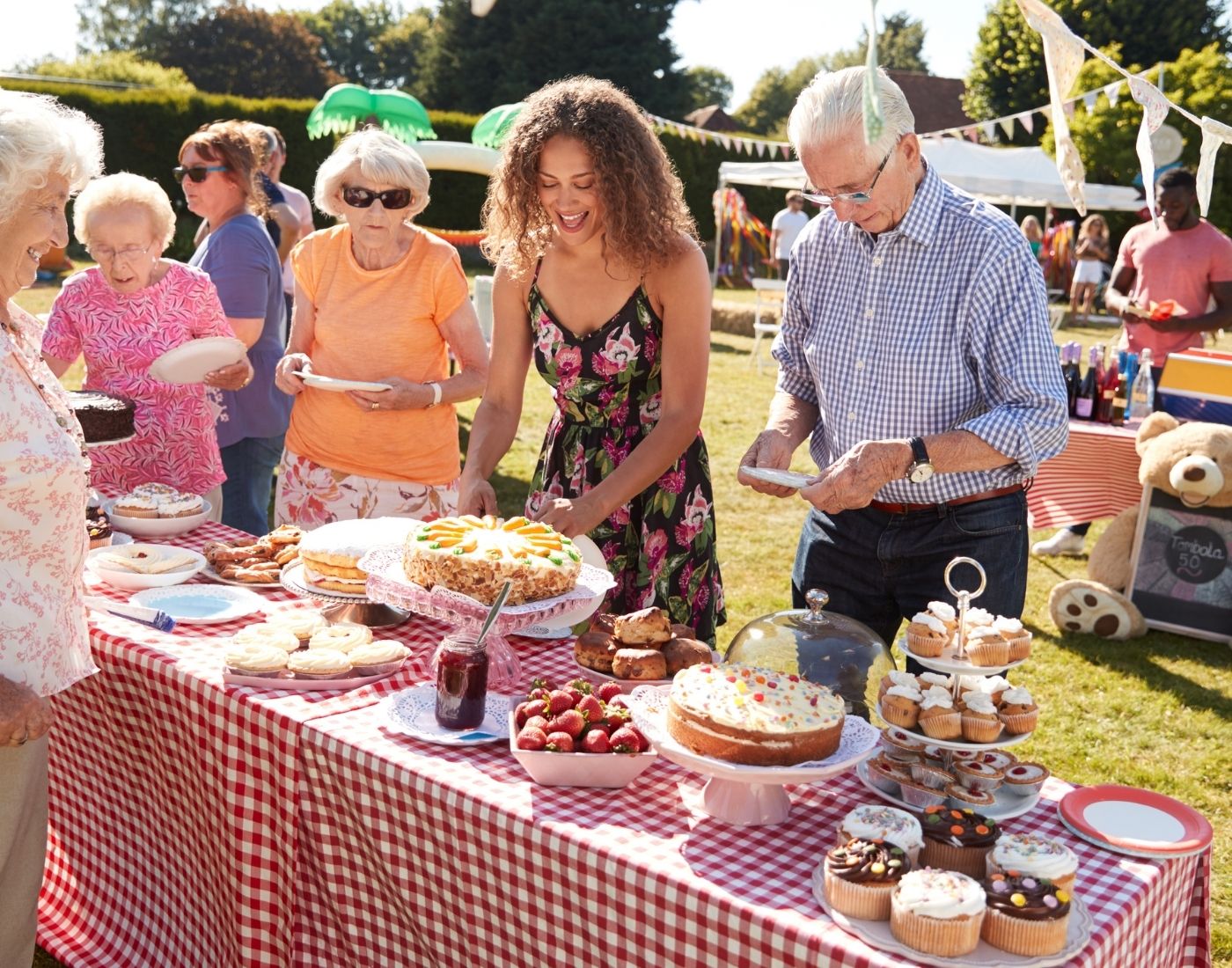When you’re hosting a party, the last thing you want is to cut corners on food safety. The guilt of making someone ill is enough, but a lack of food safety could be dangerous.
Firstly, give yourself plenty of time to prepare food to ease pressures. Follow these tips to make sure your party goes without a hitch:
- keep food chilled in the fridge until it’s needed. If you’re short on fridge space, move wine and beer into buckets of ice, or somewhere cool like a cellar
- do not cook too quickly. Even if people are waiting to eat, don’t reduce cooking times and check food is cooked before serving. Better safe than fast
- take extra precautions to make sure that the food you serve is safe for people with allergies or at greater risk from food poisoning





